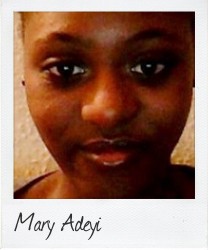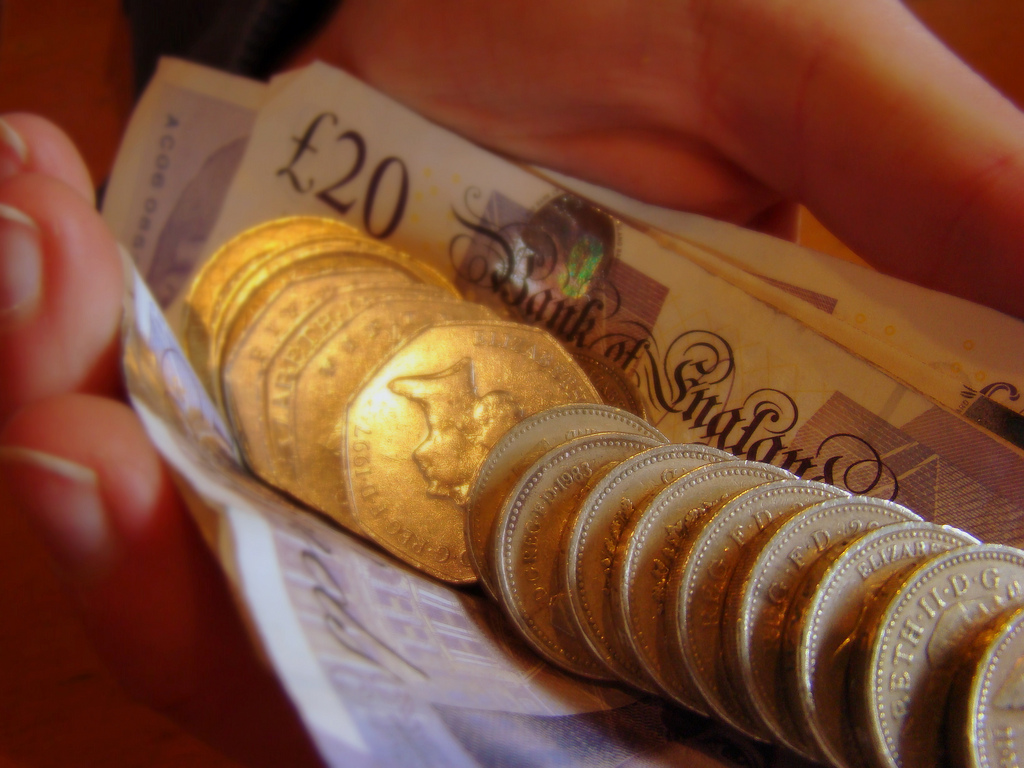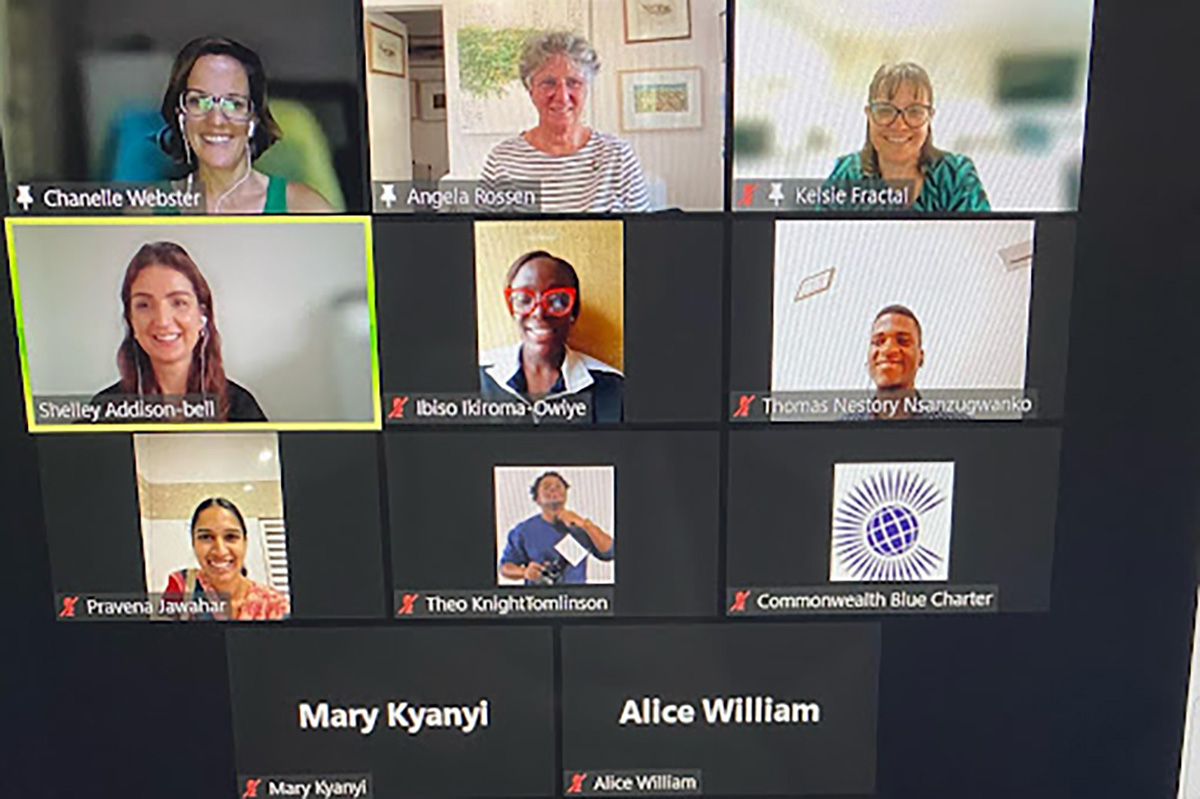“Inequality impacts society and the economy”
June 24th, 2016 Inequity is an aspect of poverty that deserves attention in the UK, writes Mary Adeyi, 23, a Correspondent in London, UK, who looks at research showing that a troubling gap between the rich and poor presents a great cost to society.
Inequity is an aspect of poverty that deserves attention in the UK, writes Mary Adeyi, 23, a Correspondent in London, UK, who looks at research showing that a troubling gap between the rich and poor presents a great cost to society.
The post war years saw declining rates of inequality in the UK until 1979, when the trend reversed.
It costs the UK more than £39 billion a year to manage the effects inequality has on health, well-being and crime (Guardian, 2014).
Inequalities impact the individual, society and the economy, as revealed by trends in wealth, health, gender and race. In modern societies complete equality between the rich and poor is perceived to be unachievable. Therefore, when reporting inequality, what is of most importance is the scale of inequality – the gap between the rich and the poor. In ‘Discourse on Equality’ philosopher Rousseau identifies:
“there are two kinds of inequality among the human species; one, which I call natural or physical, because it is established by nature, and consists in a difference of age, health, bodily strength, and the qualities of the mind or of the soul: and another, which may be called moral or political inequality, because it depends on a kind of convention, and is established, or at least authorised by the consent of men. This latter consists of the different privileges, which some men enjoy to the prejudice of others; such as that of being more rich, more honoured, more powerful or even in a position to exact obedience”
On the Origin and Foundation of The Inequality of Mankind and is it Authorised by Natural Law? – Jean Jacques Rousseau, 1754
The World Economic Forum (2014) cautioned that the danger of growing inequality represents the single largest risk to social cohesion and economic growth. Inequality can lead to rises in crime, create distrust, anxiety and increases in mental health related disorders. A total of 13 million people are living in poverty in Britain, with the most vulnerable in society affected. The Joseph Rowntree Foundation (JRF) reports 14 per cent of pensioners and 27 per cent of children are living in poverty in the UK (2013). Further data produced by The Equality Trust reveal:
- The richest 10 per cent of households hold 45 per cent of all wealth. The poorest 50 per cent, by contrast, own just 8.7 per cent (Equality Trust, 2015)
- People in the bottom 10 per cent of the population have on average a net income of £8,468. The top 10 per cent have net incomes almost ten times that amount (Equality Trust, 2015)
- The 100 wealthiest people in the UK today have as much money as the poorest 18 million (Guardian, 2014)
- Black African (31 per cent) and Black Caribbean (23 per cent) groups have high rates of persistent poverty between 2009 to 2012
Further findings suggest that “ethnic minority communities in London are disproportionally affected by the challenges [of inequality] facing people living in London”. According to the 2011 census, ethnic minorities account for 55 per cent of London’s population (Farah Elahi, Runnymede Trust, 2016).
“People from many ethnic minorities are proportionately less likely to enter employment, be paid equal salaries, and be promoted, than their White British counterparts” (JRF, 2015). This makes it harder for ethnic minorities to escape poverty and have improved standards and quality of living. The life expectancy in London, between the most wealthy and least affluent and between the richest areas and the most deprived areas is reported by the London Health Observatory to be a 25 year gap (The Independent, 2014).
The Organisation for Economic Cooperation and Development (OECD) has advised the British government to invest in skills and education, provide better quality jobs and raise the living standards of the least affluent in British society. These measures, the OECD states, will unify Britain, drive economic growth and lessen the very large gap between rich and poor that Britain experiences compared to other developed nations.
photo credit: Money via photopin (license)
…………………………………………………………………………………………………………………
About me: Living in London, I am keen to understand the relationship between culture and the city. Using research and group experiences, I aim to bring attention to how urban governance and public spaces impact social inequalities, public health, education and the youth at local, national and international levels.
My interests include history, intersectionality, world politics and global sustainable development.
…………………………………………………………………………………………………………………
Opinions expressed in this article are those of the author and do not necessarily represent the views of the Commonwealth Youth Programme. Articles are published in a spirit of dialogue, respect and understanding. If you disagree, why not submit a response?
To learn more about becoming a Commonwealth Correspondent please visit: http://www.yourcommonwealth.org/submit-articles/
…………………………………………………………………………………………………………………




